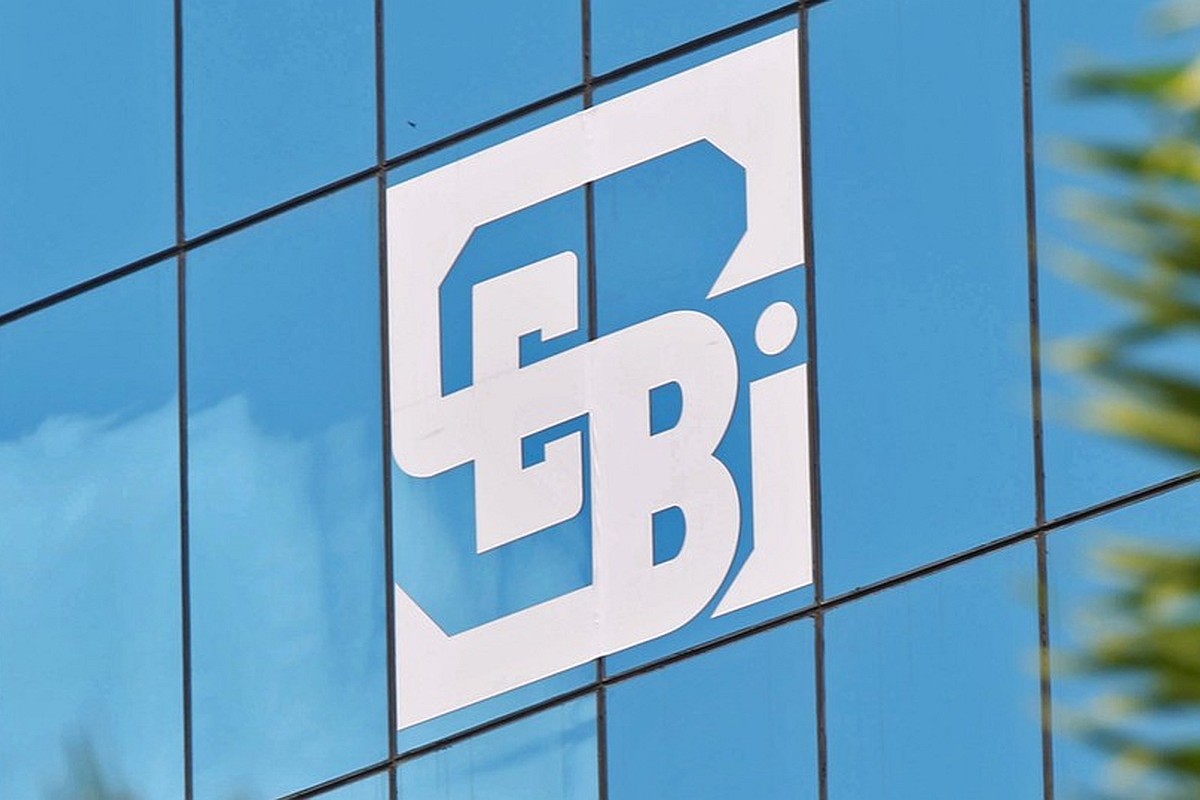Negotiations on global plastics treaty opens in Ottawa
The session aims to advance negotiations so that the Committee can finalise, at its fifth session (INC-5) in November, the text of the instrument.
The regulator also modified norms with respect to withdrawal of ratings assigned to an instrument.

Sebi tightens noose, tweaks CRA norms. (Photo: AFP)
The Securities and Exchange Board of India (Sebi) on Friday said if the companies are not cooperating with credit rating agencies (CRAs) on disclosure of loan defaults, then the latter should issue INC (Issuer not cooperating) ratings.
“If an issuer has all the outstanding ratings as non-cooperative for more than six months, then the CRA shall downgrade the rating assigned to the instrument of such issuer to non-investment grade with INC status. If non-cooperation by the issuer continues for further six months from the date of downgrade to non-investment grade, no CRA shall assign any new ratings to such issuer until the issuer resumes cooperation or the rating is withdraw,” the market regulator said in a circular released on its website.
Sebi’s move to issue INC ratings comes with an aim to tighten the noose around the corporates and it will come into effect from July 1, 2020. The regulator also modified norms with respect to withdrawal of ratings assigned to an instrument.
Advertisement
In case of multiple ratings on an instrument, where there is no regulatory mandate for it, a credit rating agency may withdraw a rating within stipulated time under certain conditions.
Additionally, the CRA must have received no-objection certificate from 75 percent of bond holders of the outstanding debt for withdrawal of rating and received an undertaking from the issuer that another rating is available on that instrument, it added.
The regulator further said, at the time of withdrawal, the CRA should assign a rating to such instrument and issue a press release in the prescribed format mentioning the reason for withdrawal of rating. The norms introduced will be applicable with immediate effect, Sebi noted.
In November 2019, Sebi had made compulsory for the listed companies to make public disclosure on stock exchanges about default in payment of interest obligations on loans, including revolving facilities like cash credit from banks or financial institutions beyond 30 days. It had also asked them to disclose default in case of unlisted debt securities such as non convertible debentures within 24 hours from the occurrence of default.
(With input from agnecies)
Advertisement